How do you survive in the wild? We all have our own reasons for wanting to get away and escape to the great outdoors. Hunting and being outdoors are always rewarding experiences. For me, it’s definitely the peace in the woods. I enjoy experiencing nature and just getting away from the daily hustle and bustle of my city life.
Words cannot express my gratitude for my weekend getaways to the country. I was reminiscing with a family member the other day about how, when we were younger, we did not enjoy going to the country to visit our great-grandmother. How I would now kill to be allowed to experience life as it was back then. To sit on the back porch swinging my feet, breathing in the freshness of the crisp air, and just relax without a care in the world. I always tell my story of how I was not raised as a hunting girl. How I never dreamed in a million years that this would be the chosen lifestyle for me.
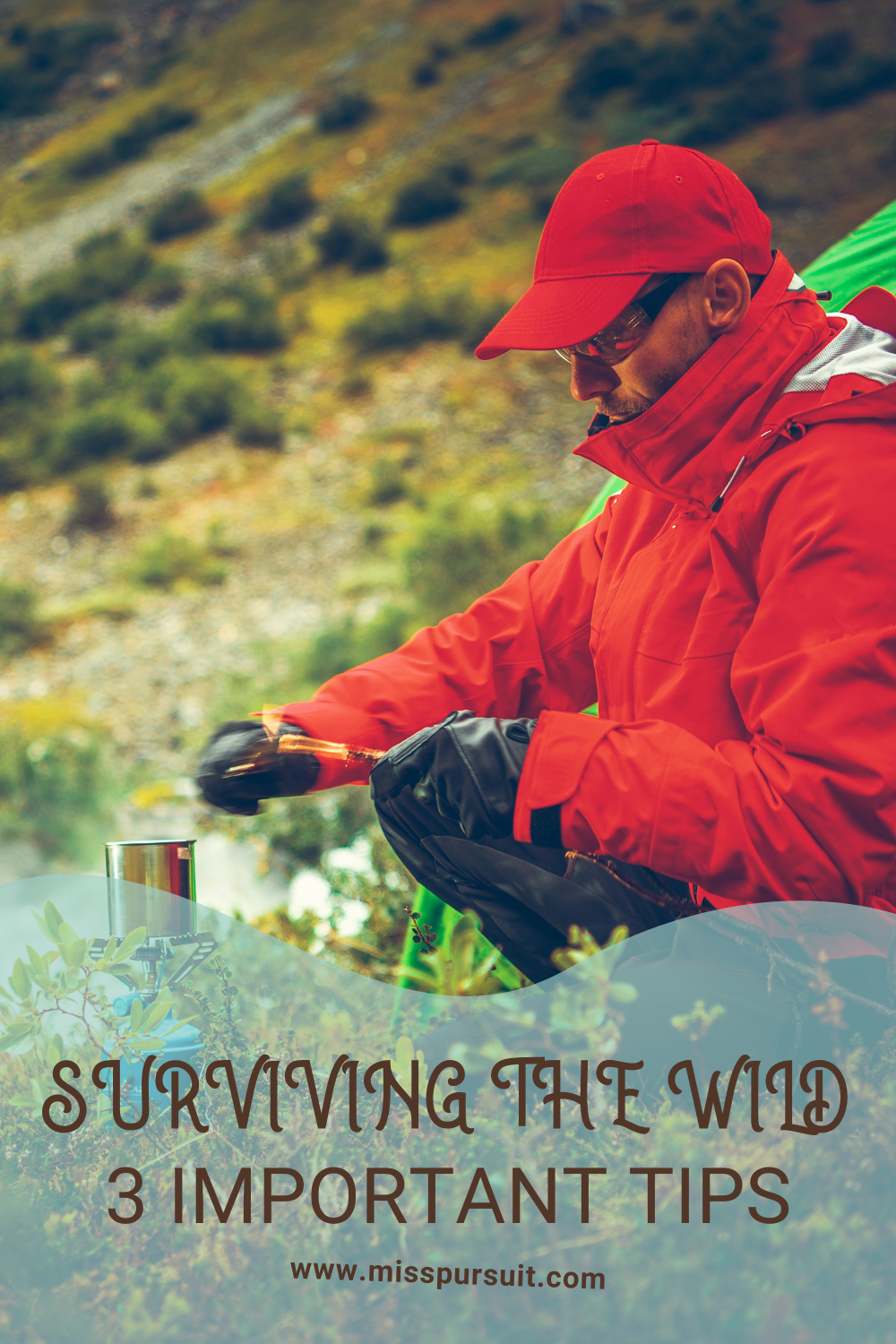
Nature is truly unpredictable. I can’t stress enough how important it is to equip ourselves properly and to always be prepared for the unexpected. Let’s be honest for a moment. Nature can be a force to be reckoned with so we must always be ready for the unexpected.
As women, we are born natural survivalists and fight until the end. It is our responsibility to make sure that we learn and stay up to date on the latest survival tactics to survive in the wild due to injury or illness. A normal trip to the woods can turn into a true nightmare. Although an emergency is less than ideal, your main goal is to focus on getting back to safety.
Let’s be brutally honest. Are you equipped or feel comfortable enough in the wilderness to protect yourself from harm or injury? Even the most advanced hunters or outdoor enthusiasts may, at some time or another, experience these conditions and situations. If an injury or less-than-desirable condition occurs, it is imperative that you know what to do. Just simply being prepared can be a matter of survival.
Here are a few necessary skills every hunter or outdoorsperson should know in a survival situation.
- In an emergency situation with injury or sudden illness, one must keep a positive attitude, and mindset, and try to remain as calm as possible. I know it is easier said than done, but this is definitely not the time to go into panic mode. You must come up with a plan, access the resources you have with you at that moment, and identify the critical tasks needed for survival such as shelter, water, and food. It is imperative that you Stop, Plan, Execute, Assess, and Reevaluate your survival situation. This will help you avoid panic and other negative states of mind. With a positive attitude, your chances of survival are dramatically improved.
- Once you’ve developed that mindset of determination, and that you will get out of the situation you are in and back to safety as soon as possible, you want to make sure that you build a shelter. Did you know that most people get themselves in serious trouble because of direct exposure to the elements and die from hypothermia? It is imperative to prevent or minimize heat loss, or if in a desert environment, to minimize water loss. When building a shelter, you always want to consider such things as the location, the heat source, whether you will be using body heat or heat from a fire, and last but not least if you will be seeking shelter for just yourself or for a group of people. There are many different types of natural shelter available to keep an eye out for such as caves, logs, a hollow stump, or building your own.
- Once you’ve located shelter, the next thing to consider is your water source. Locating clean, uncontaminated water is most important for survival. Boiling water is definitely the best and safest way to get rid of contamination. If you are unable to boil water, you have to make the best with what you have, which means you may have to dig for your water source, or collect water from vegetation.
10 First Aid Necessities for the Outdoorsman
Again, I cannot stress enough the importance and urgency of being prepared. You always want to make sure you pay close attention to the situation at hand. With the right training to handle any obstacles that may come your way while outdoors, you can experience the most amazing outdoor adventures, and be prepared for it all.
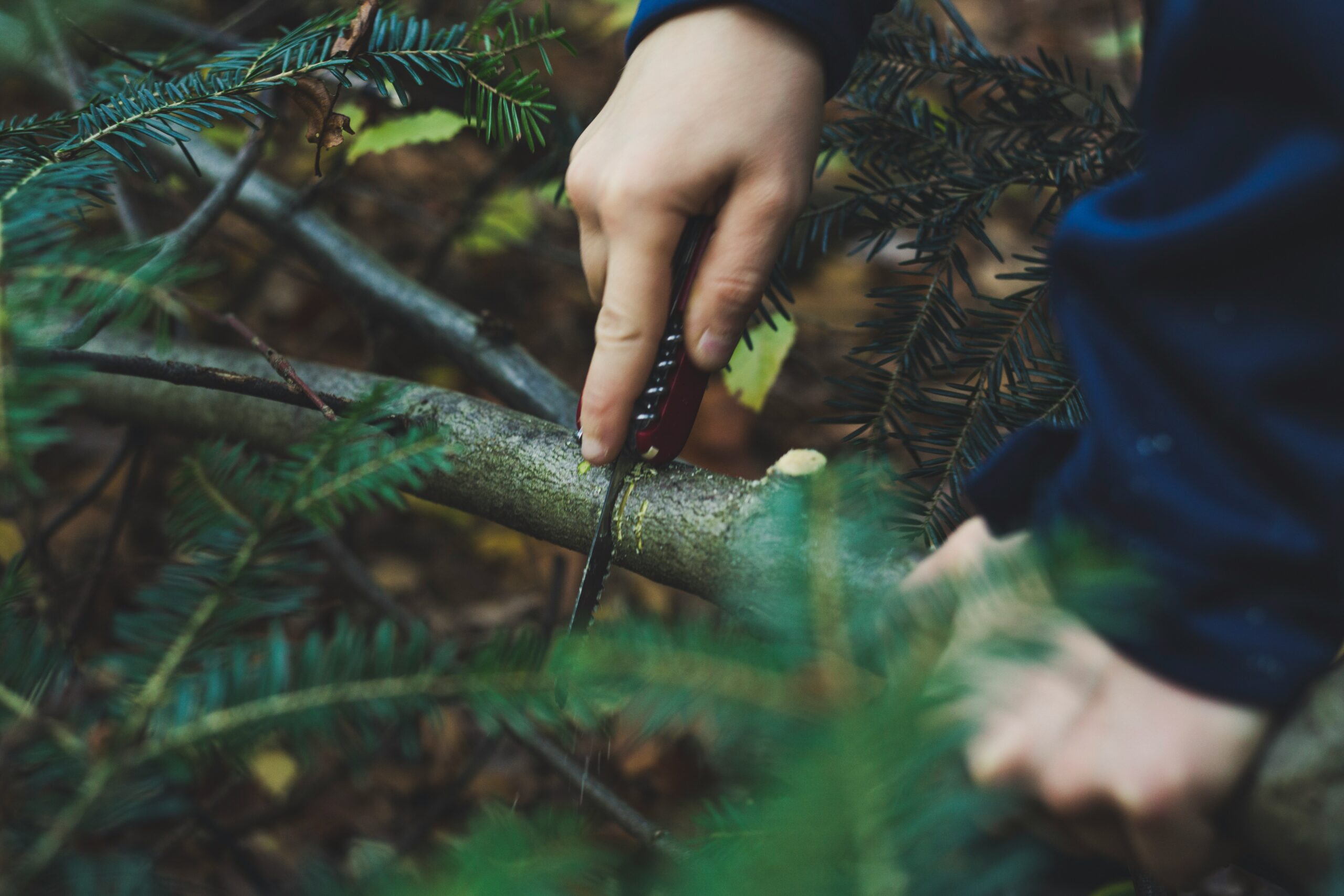
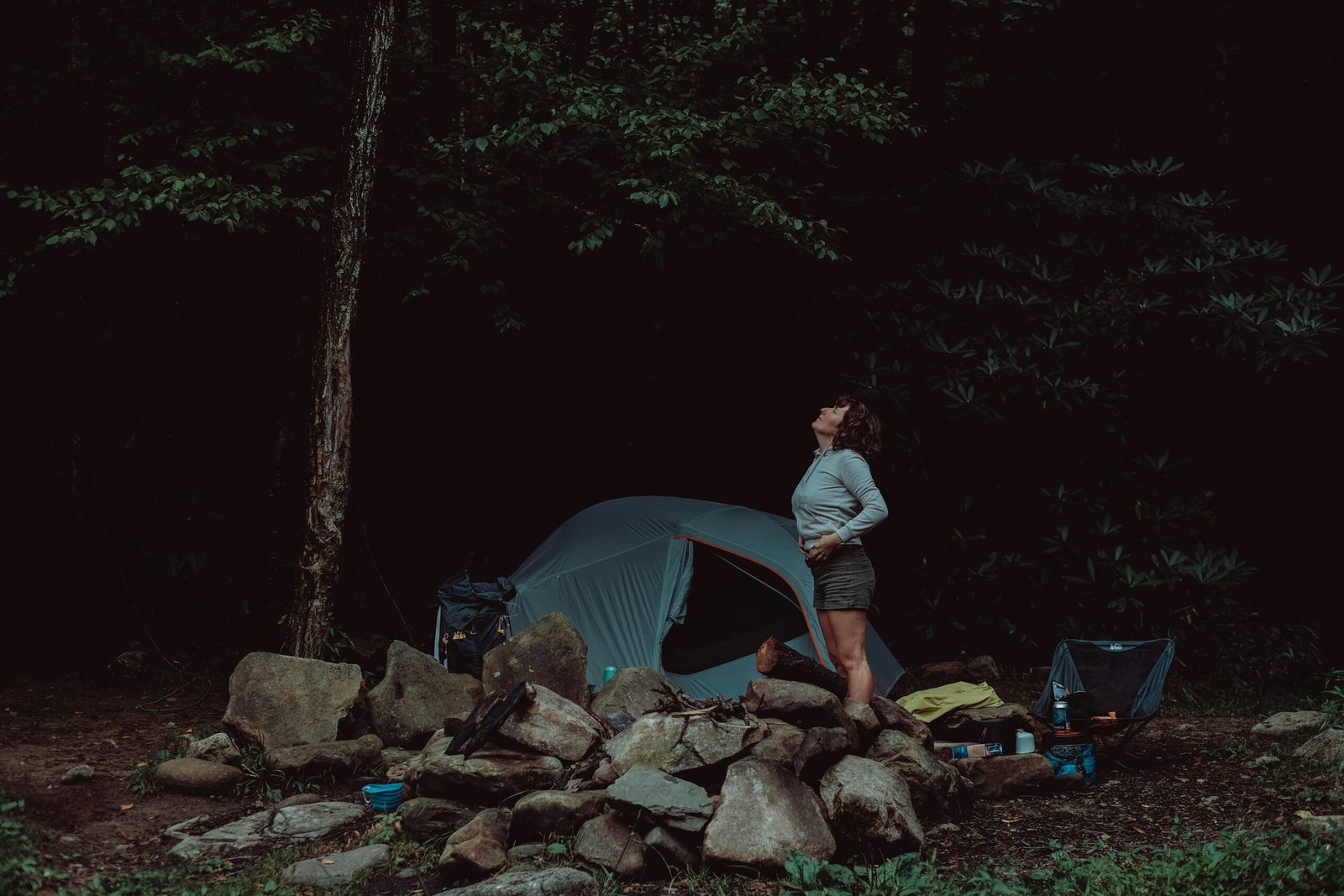
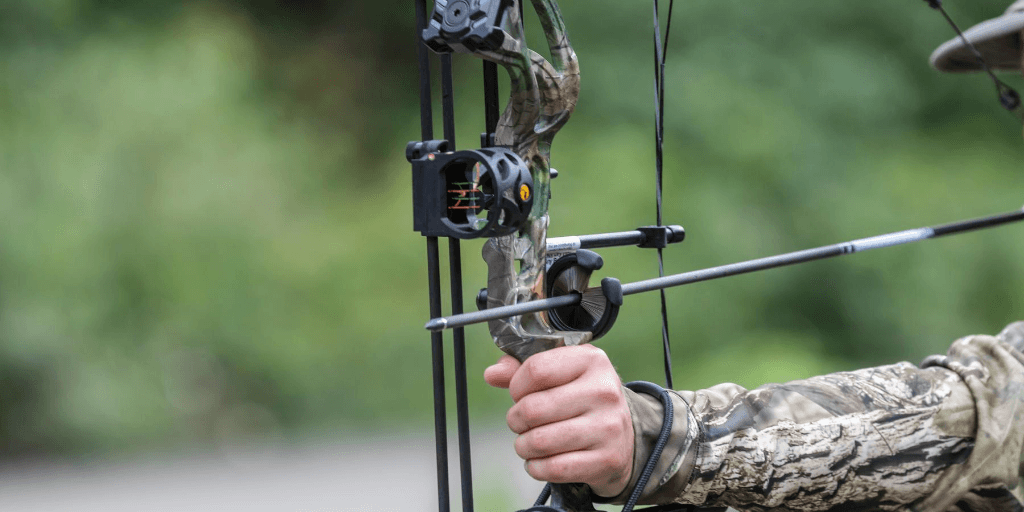
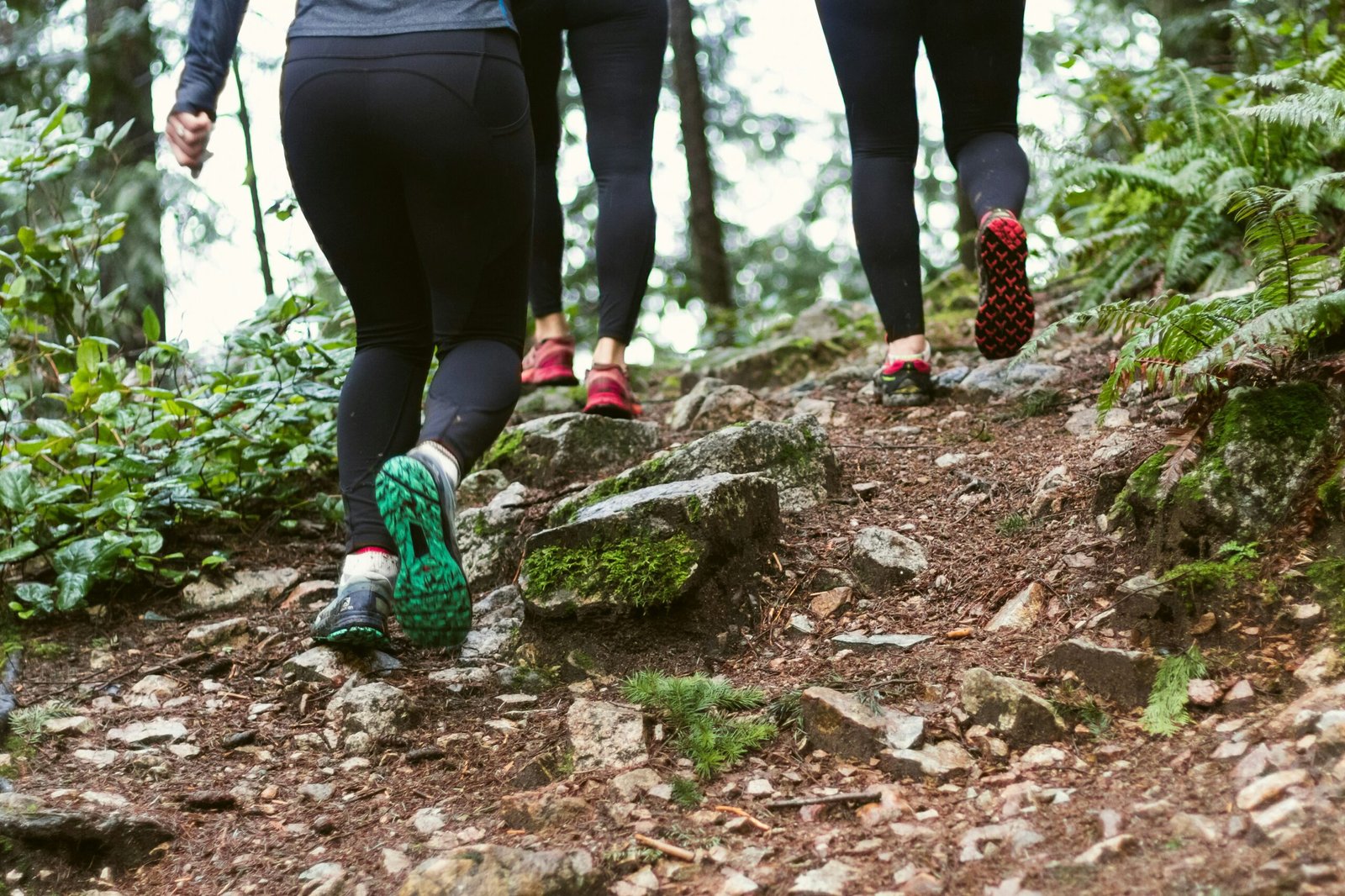
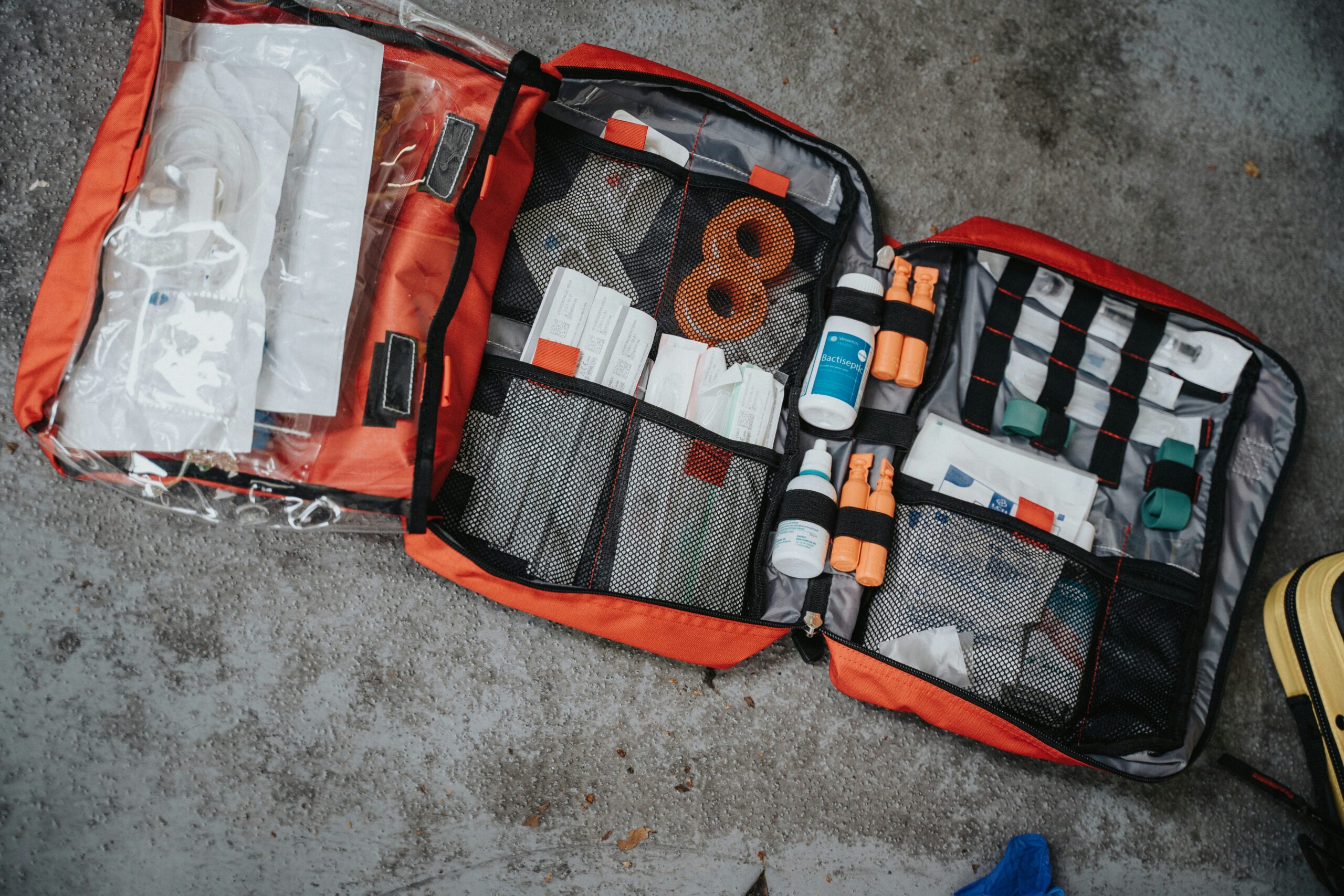
Absolutely important information to know! Thank you so much for sharing. Safety definitely needs to be the number one priority while participating in outdoor activities.
Great advice! Coming from the north, the ability to make a fire ranks right up there. Make sure you ladies know how to make a fire, in the rain.
Our organization host Ladies Day Our each year. We want to give women access to basic outdoor skills to help them be more self sufficient in the outdoors. Many women have no idea where to look for resources or no one to show them.
Thank you for this!!!!